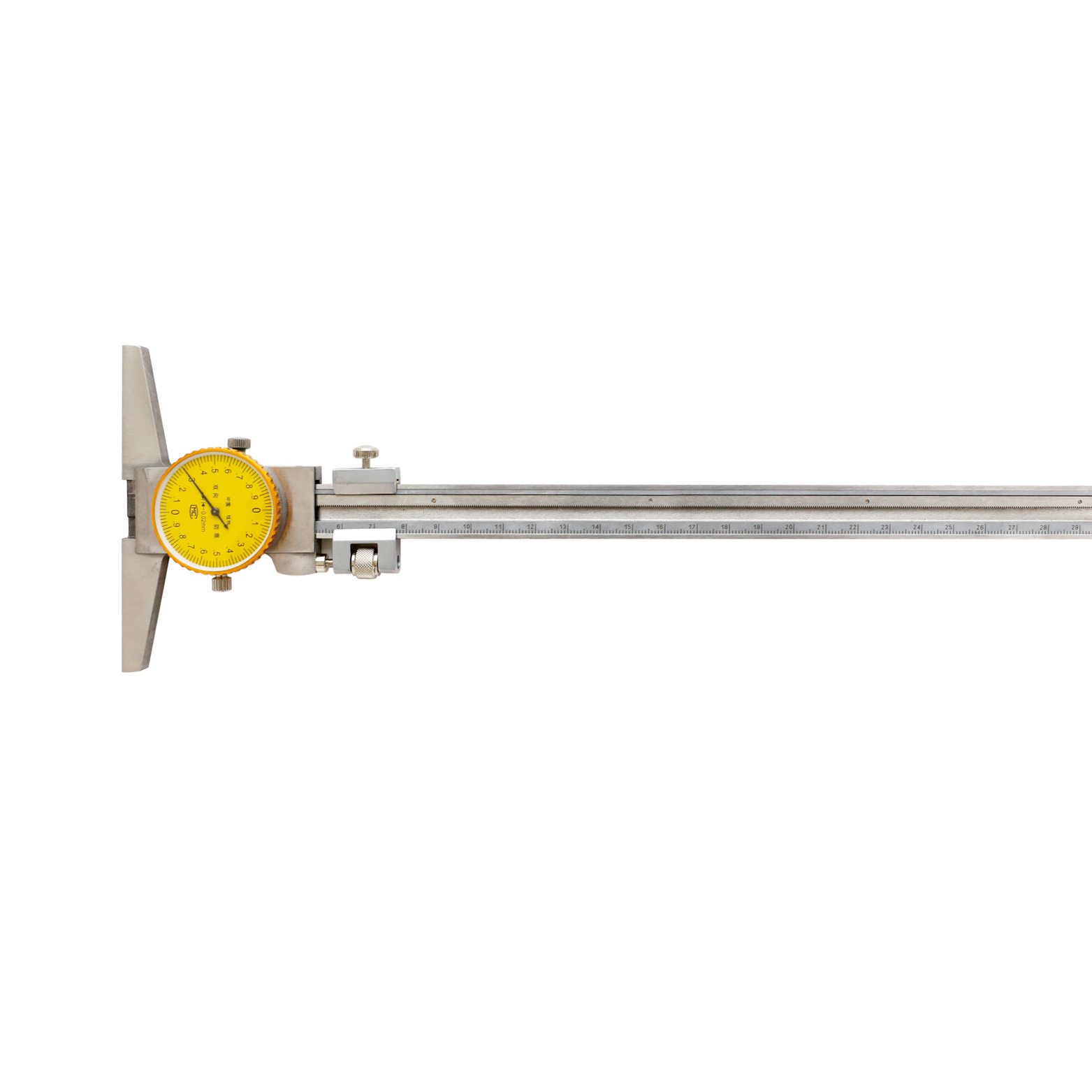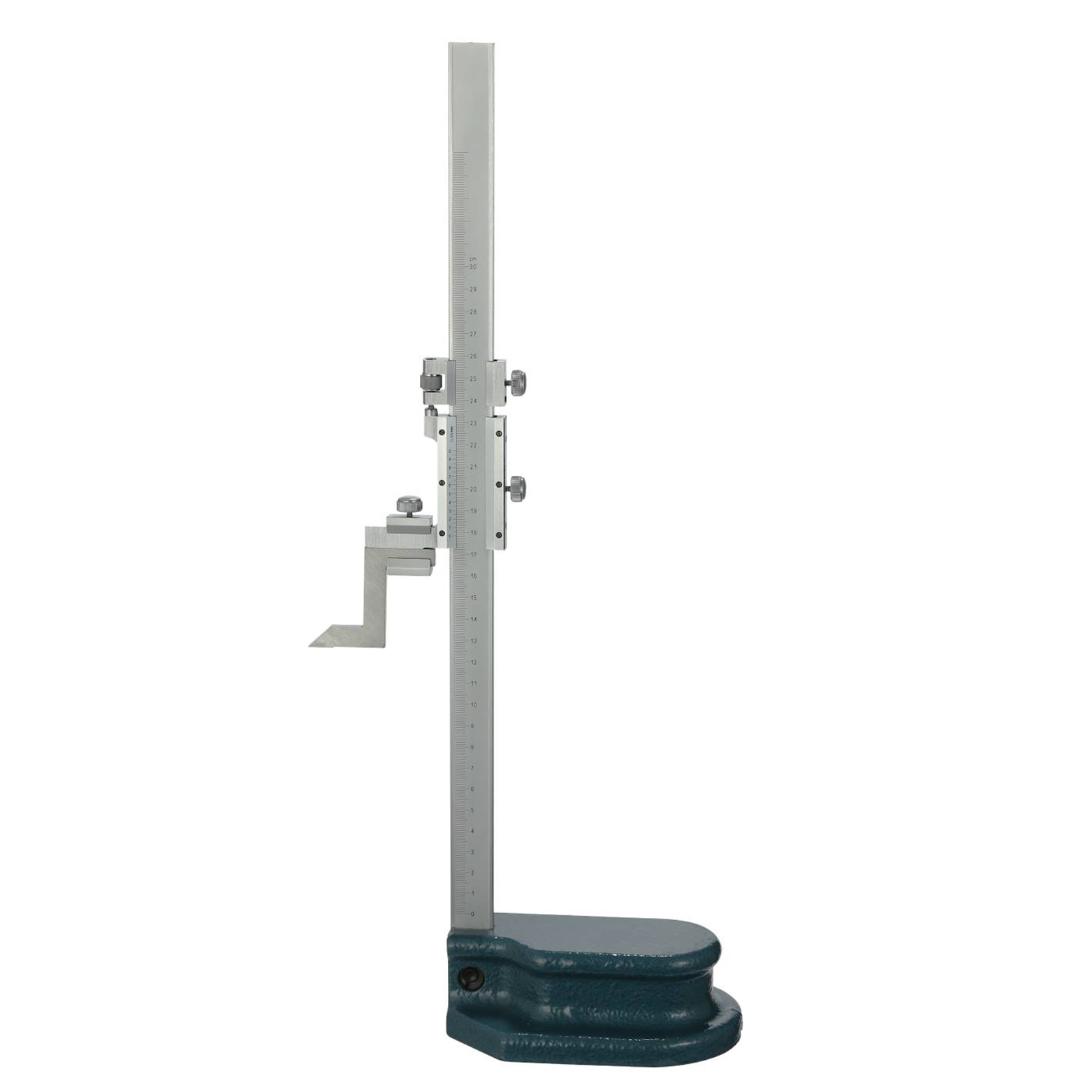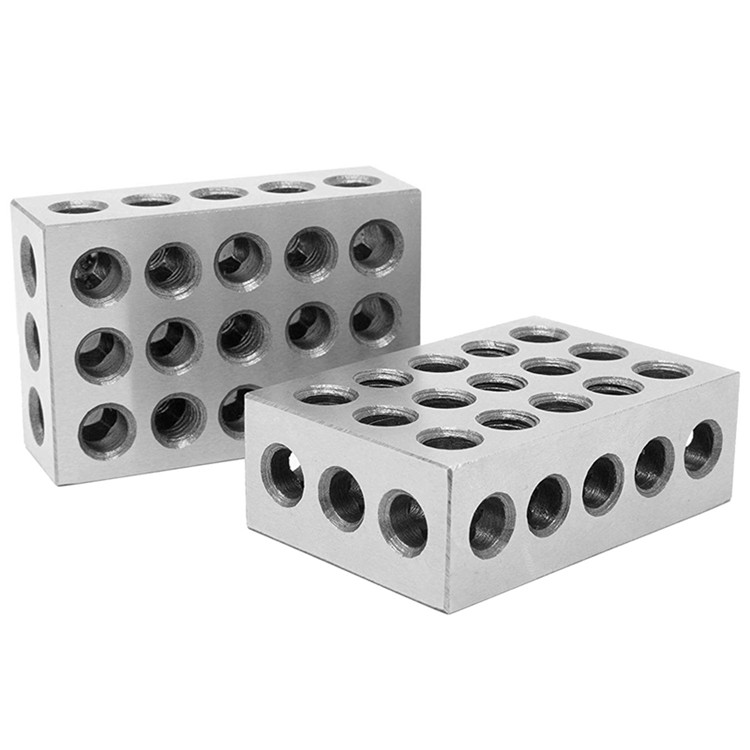Knurling Tools Manufacturers
Knurling is a manufacturing process that creates a patterned surface on a workpiece, typically to provide a better grip. This guide provides a detailed overview of knurling tools manufacturers, including the different types of tools available, key considerations when choosing a supplier, and essential factors to consider before making a purchase. This information will help you find the best knurling tools manufacturers to meet your specific needs.
Understanding Knurling and Its Applications
Knurling is primarily used to improve grip on objects, making them easier to hold and manipulate, especially in oily or wet conditions. It can also enhance the aesthetic appeal of a component.
Common Applications of Knurling
- Hand tools (e.g., wrenches, screwdrivers)
- Machine knobs and dials
- Medical instruments
- Automotive parts
Types of Knurling Tools
Knurling tools come in various designs, each suited for specific applications. Understanding these types is crucial when selecting a knurling tools manufacturer.
Form Knurling Tools
Form knurling tools displace material to create the desired pattern. They are known for their speed and ability to produce consistent results.
Advantages: Fast, consistent, and suitable for high-volume production.
Disadvantages: Can cause work hardening and stress on the workpiece.
Cut Knurling Tools
Cut knurling tools remove material to create the pattern, resulting in a cleaner and more precise finish.
Advantages: Produces sharper and more defined patterns; less stress on the workpiece.
Disadvantages: Slower than form knurling and may require coolant to prevent overheating.
Knurling Wheels
Knurling wheels are the cutting or forming components within the knurling tools. They come in various patterns, including straight, diagonal, and diamond.
Key Considerations When Choosing Knurling Tools Manufacturers
Selecting the right knurling tools manufacturer is crucial for ensuring the quality, reliability, and performance of your tools.
Quality and Materials
The quality of the materials used in manufacturing knurling tools directly impacts their durability and lifespan. Look for manufacturers that use high-grade steel alloys.
Precision and Accuracy
Precision is essential for achieving consistent and accurate knurling patterns. Ensure the manufacturer has advanced machining capabilities and quality control processes. Wayleading Tools prides itself on its precision manufacturing, ensuring every tool meets the highest standards.
Tool Design and Customization
Different applications require different tool designs. Choose a manufacturer that offers a range of tool designs and the ability to customize tools to meet your specific requirements. This is particularly important for specialized knurling patterns or unique workpiece geometries.
Customer Support and Technical Expertise
A reliable knurling tools manufacturer should provide excellent customer support and technical expertise. This includes assistance with tool selection, troubleshooting, and maintenance.
Cost and Lead Time
Consider the cost of the tools and the lead time for delivery. While cost should not be the sole determining factor, it is essential to balance quality and price. Obtain quotes from multiple manufacturers to compare pricing and lead times.
Top Knurling Tools Manufacturers: What to Look For
While a comprehensive list is beyond the scope, here are some factors to consider when evaluating potential knurling tools manufacturers:
Years of Experience
Manufacturers with a long history in the industry are more likely to have the expertise and experience to deliver high-quality knurling tools.
Industry Reputation
Check online reviews and testimonials to gauge the manufacturer's reputation. Look for feedback on product quality, customer service, and reliability.
Certifications and Standards
Manufacturers that adhere to industry standards and certifications demonstrate a commitment to quality and consistency. Look for certifications such as ISO 9001.
Factors to Consider Before Purchasing Knurling Tools
Before making a purchase, consider the following factors to ensure you select the right knurling tools for your needs.
Workpiece Material
The type of material you are knurling will influence the type of tool you need. Softer materials may require different knurling patterns and tool geometries than harder materials.
Knurling Pattern
Select the appropriate knurling pattern based on the desired grip and aesthetic appearance. Common patterns include straight, diagonal, and diamond.
Machine Compatibility
Ensure the knurling tools are compatible with your machine (e.g., lathe, milling machine). Check the shank size and tool holding capacity of your machine.
Coolant Requirements
Some knurling tools, particularly cut knurling tools, may require coolant to prevent overheating and improve tool life. Ensure you have the necessary coolant system in place.
Maintenance and Care of Knurling Tools
Proper maintenance and care are essential for prolonging the life of your knurling tools and ensuring consistent performance.
Cleaning
Regularly clean your knurling tools to remove chips, debris, and coolant residue. Use a brush and a mild solvent to clean the tools after each use.
Lubrication
Lubricate the moving parts of your knurling tools to reduce friction and wear. Use a high-quality machine oil or grease.
Sharpening
Sharpen or replace knurling wheels as needed to maintain their cutting efficiency. Dull or worn knurling wheels can produce poor-quality knurling patterns.
| Tool Type | Advantages | Disadvantages | Typical Applications |
|---|---|---|---|
| Form Knurling | Fast, Consistent, High-Volume | Work Hardening, Stress | Automotive, General Manufacturing |
| Cut Knurling | Precise, Sharp Patterns, Less Stress | Slower, Requires Coolant | Aerospace, Medical, High-Precision Parts |
Conclusion
Choosing the right knurling tools manufacturers is essential for achieving consistent, high-quality results in your manufacturing processes. By carefully considering the factors outlined in this guide, you can select a manufacturer that meets your specific needs and ensures the reliability and performance of your knurling tools. Explore Wayleading Tools for a wide selection of precision knurling tools and expert support.
Related products
Related products
Best selling products
Best selling products-
 MT-APU Drill Chuck Holder With Keyless Type
MT-APU Drill Chuck Holder With Keyless Type -
 Inch HSS Step Drills with Straight Flute
Inch HSS Step Drills with Straight Flute -
 5C Square Collet With Inch and Metric Size
5C Square Collet With Inch and Metric Size -
 7pcs Carbide Turning Tool Set With Metric & Inch Size
7pcs Carbide Turning Tool Set With Metric & Inch Size -
 Inch ER Collets With Hight Precision Milling
Inch ER Collets With Hight Precision Milling -
 Dial Depth Gauge With Stainless Steel For Industrial Type
Dial Depth Gauge With Stainless Steel For Industrial Type -
 HSS DP Involute Gear Cutters With PA20 And PA14-1/2
HSS DP Involute Gear Cutters With PA20 And PA14-1/2 -
 Type C Cylinder Ball Nose Tungsten Carbide Rotary Burr
Type C Cylinder Ball Nose Tungsten Carbide Rotary Burr -
 HSS Metric 4 Flute End Mills With Bright Or TiN And TiAlN Coated
HSS Metric 4 Flute End Mills With Bright Or TiN And TiAlN Coated -
 Type J-60 Degree Cone Tungsten Carbide Rotary Burr
Type J-60 Degree Cone Tungsten Carbide Rotary Burr -
 Vernier Height Gauge For Industrial
Vernier Height Gauge For Industrial -
 Precision 17pcs Angle Blocks Set With High Quality Type
Precision 17pcs Angle Blocks Set With High Quality Type










